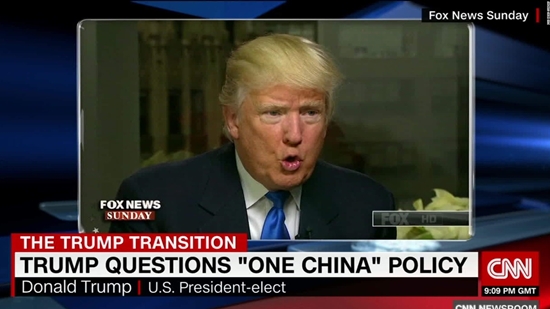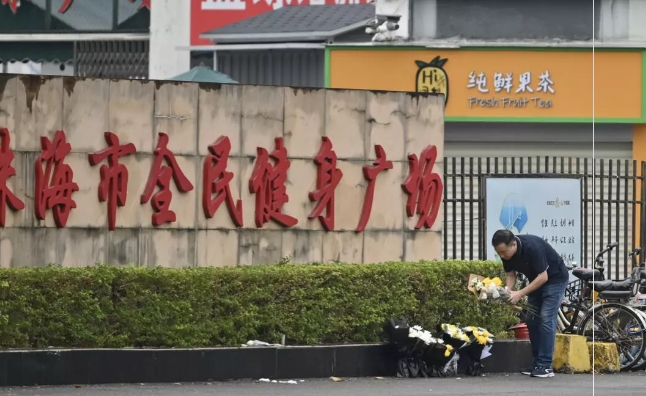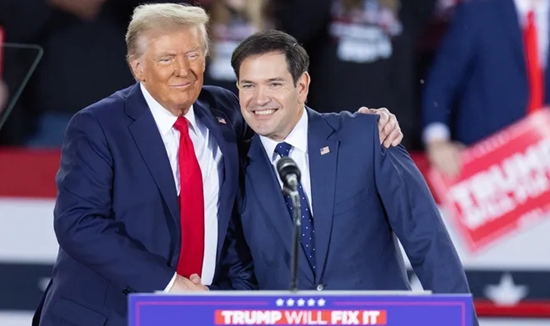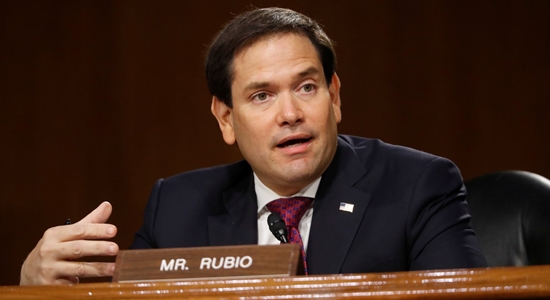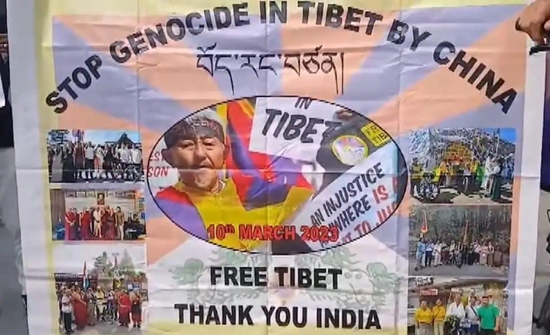
How do you measure the breadth and depth of corruption on a Chinese communist scale?
You won’t arrive at a number. Because no matter how intense the crackdowns, no matter how many anti-corruption crusades are launched over however many decades, ever more corruptniks will be caught in the net. Increase the scale of enforcement and enforcers will keep catching larger and larger numbers of perps.
Note that the people “doing corruption” are not deterred by those fighting corruption. The incentives outweigh the risks.
Sound and fury
Regarding anti-corruption campaigns, Andrew Wedeman, an expert in Chinese corruption at Georgia State University says: “You would think with all the sound and fury…everyone would be paralyzed, terrified. Obviously, they weren’t paralyzed.”
Looking back a few years, we find that “According to the International Consortium of Investigative Journalists, the total amount transferred or smuggled from China to offshore accounts between 2000 and 2014 was between $1 trillion to $4 trillion. That’s truly staggering, considering that China’s GDP per capita was only $1,000 in 2000 and less than $8,000 in 2014.”
The ceiling on the amount that can be taken out of China is the equivalent of $50,000. Of course, not all funds smuggled out are ill-gotten gains. But the mere act of smuggling out large amounts is itself a crime and probably involves official collusion somewhere along the line.
The Financial Times reports that since 2012, “the corruption crackdown has ensnared at least 4.7 [million] low-ranking officials, or ‘flies’, as well as thousands of higher-ranking ‘tigers’, state media reported.”
Xi Jinping refers to those on the take as “tigers” (big shots) and “flies” (small fry).
Furthermore, “The tally of cases in the past six months [January to June 2024] is more than the annual total for any year since 2014, at the height of Xi’s anti-corruption crusade.”
“Graft on a Staggering Scale Warps the Country’s Economy,” observes Foreign Affairs.
It’s as if investigators are exploring a vast and mysterious continent.
Incentives
Why so vast? Consider the rewards. Four professors have collaborated to come up with an indicator.
“Yongheng Deng of Wisconsin School of Business, Shang-Jin Wei of Columbia Business School and Jing Wu and Rongjie Zhang from Tsinghua University” calculate that, for example, “the unofficial income of a director general of a government department…is more than 424% of the official income.”
By the way, congratulations on the euphemisms: “official income” and “unofficial income.” “No offense intended, my dear criminal.”
The professors arrive at their example through modeling; so this is (alas) mere modeling, but very interesting nonetheless. Because it points toward something powerful that keeps attracting the “tigers.”
In February 2024, Associated Press reported that the former chairman of the Bank of China had been “indicted on bribery charges.” He had been “charged with helping others with loans and personnel appointments in return for property and cash and with making loans in violation of regulations, causing significant losses.”
In June, we saw the Communist Party expel former defense ministers Li Shangfu and Wei Fengh, presumably in advance of their arrest.
In October, “China Geological Survey’s former head Zhong Ziran [was] charged with state secrets leak, bribery.” He was accused of taking a “particularly big” number of bribes.
We don’t want to ignore the flies.
In 2023, CNN reported, “More than 180 hospital leaders, including Communist Party secretaries and hospital heads, have been put under investigation…. China’s health care system has long been rife with accusations of hospitals over-prescribing treatments to inflate bills or taking kickbacks from pharmaceutical representatives to procure and prescribe overpriced medicines.”
(This might not be an exclusively Chinese problem.)
And then there is the funeral industry. A communist paper reported in October 2024 that “in Gansu’s Weiyuan county, authorities solicited public reports on irregular practices such as price gouging, pressuring families into purchasing unnecessary services, and colluding with intermediaries to control pricing.”
During the nine months ending in October, “China’s anti-graft agency punished 589,000 people…for discipline violations, including accepting or offering bribery,” the government announced. When was the last time any government anywhere punished 589,000 people?
Part of the system
The bribes keep coming because the incentives are also not exclusively financial.
The World Affairs blog captures the dynamic. “No private company in China can succeed without sharing its profits with the party-state officials. Similarly, politicians also depend on successful and talented private companies to create jobs, implement infrastructure projects, and boost growth.”
For Xi, antibribery campaigns and a compliant legal system offer a sure way to dispose of political rivals.
If everyone is dirty, the game of corruption and anti-corruption is open to all. Reuters says that “China’s crackdown on corruption is no longer a campaign but a part of its system.”
And so it will remain. □
James Roth works for a major defense contractor in Virginia.
